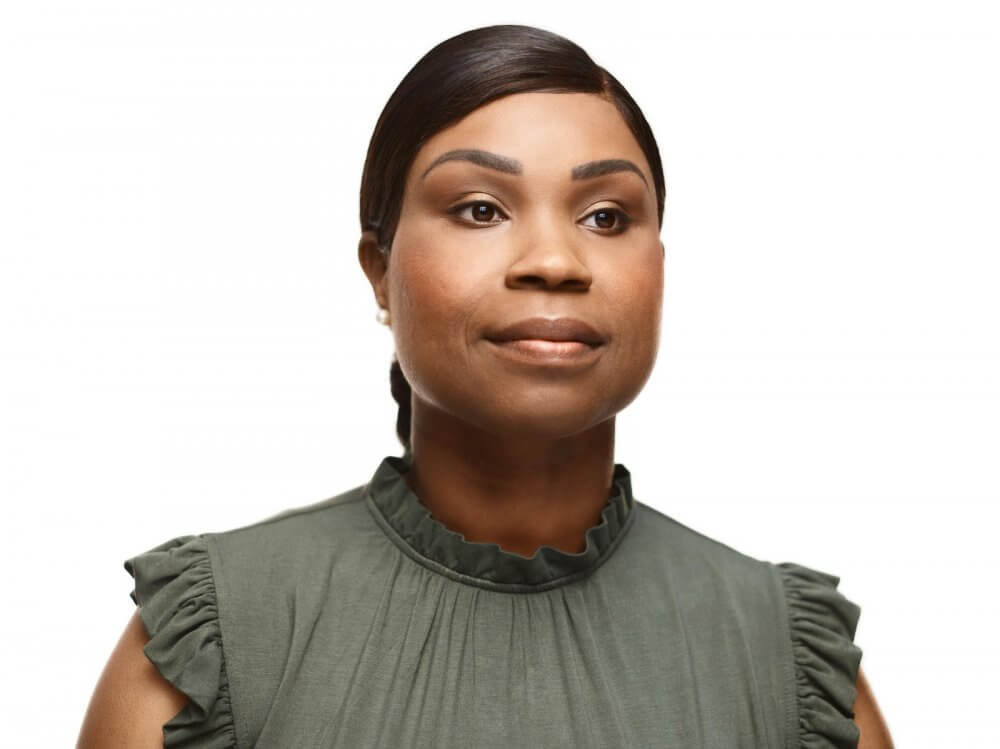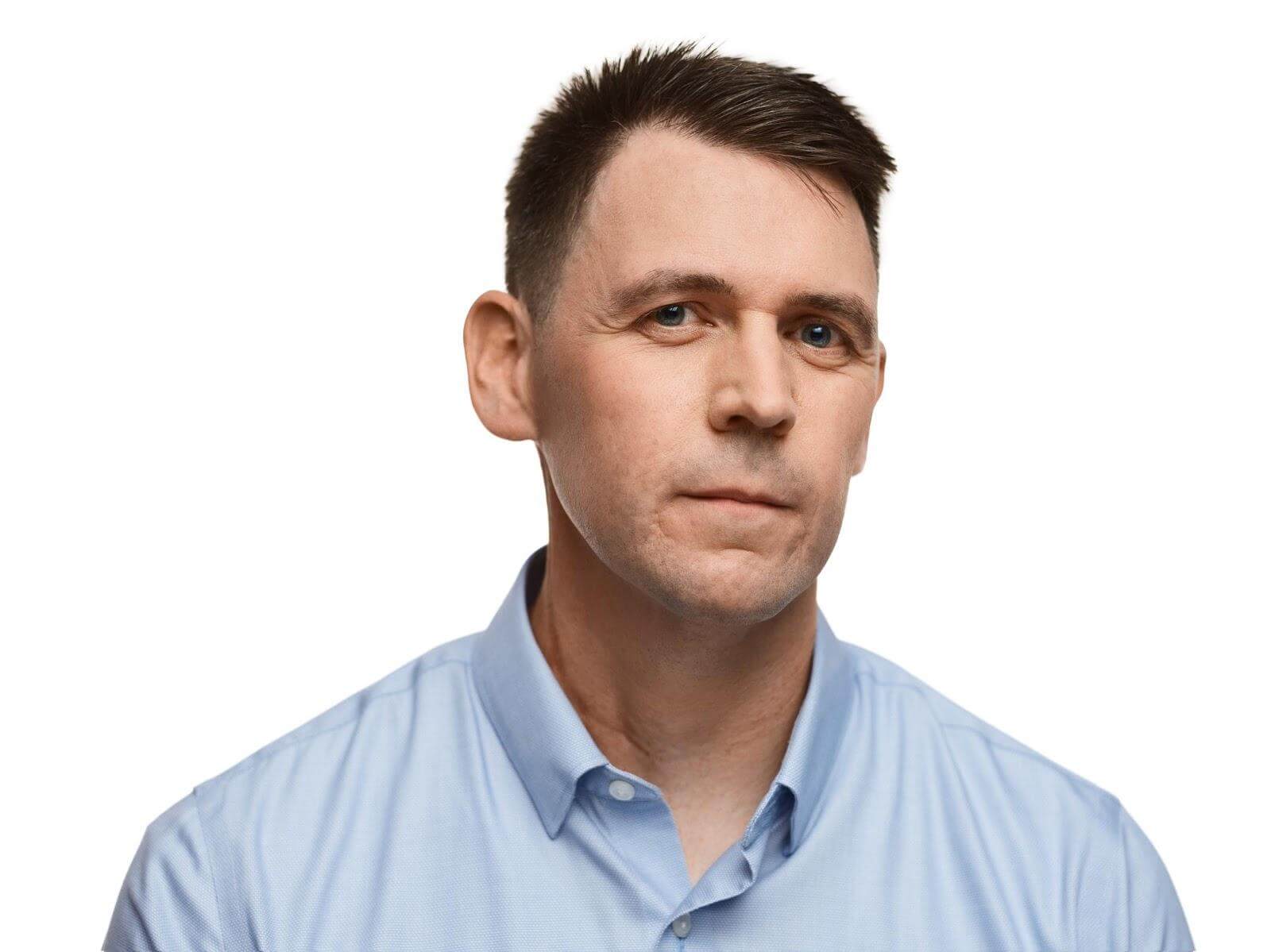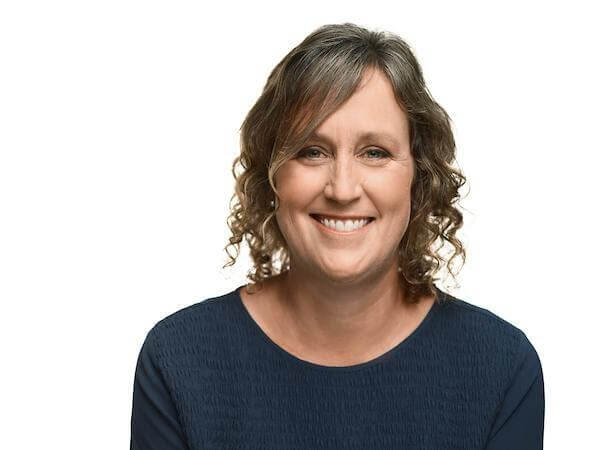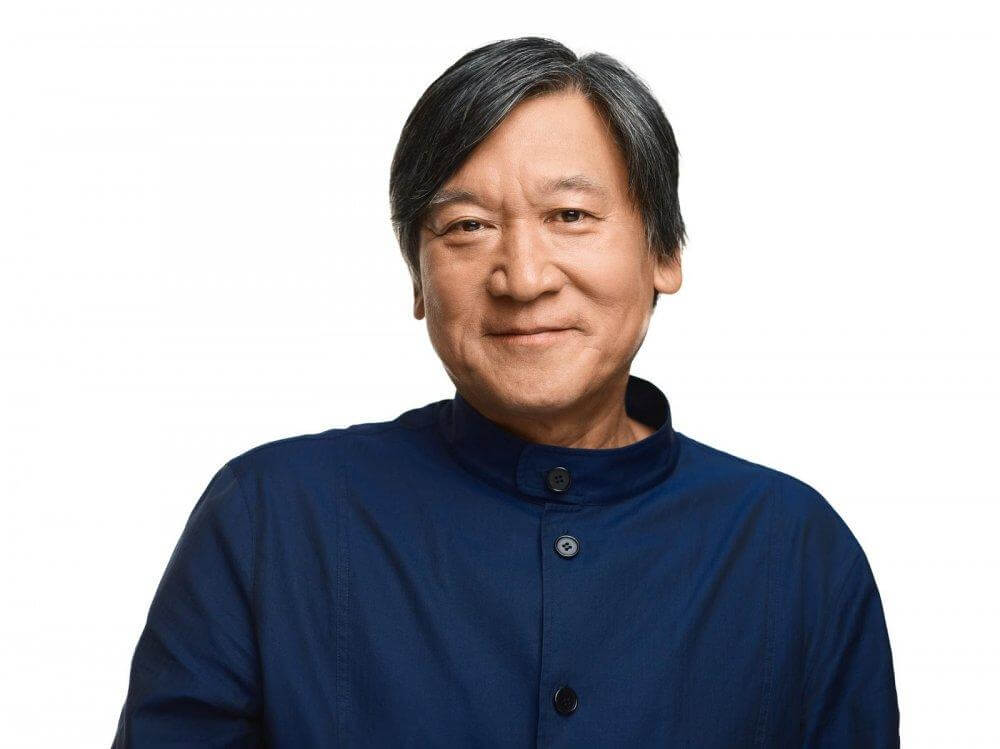You’re not just another patient. You’re you. We get that.
No one can tell you more about the care you can expect at Dana-Farber Brigham Cancer Center than the patients who have experienced it. Here are four stories that show that we understand the weight of a cancer diagnosis on a person.
Rob
Watch Rob’s journey from a routine primary care screening to cancer survivorship. Early cancer screening and detection made a difference.
Nadege
When Nadege noticed her right breast was reddened and enlarged, it set her on a path to a diagnosis of inflammatory breast cancer. Read Nadege’s story and why it’s so important not to ignore symptoms.

Jenn
Watch Jenn’s journey and learn why staying current on colonoscopies and not delaying care can make a difference in your treatment options.
Keisuke
When Keisuke’s diagnosis of throat cancer threatened both his life and his career as an oboist for the Boston Symphony Orchestra, his doctors developed a personal approach to treat his cancer. Watch his journey to recovery.
Dana-Farber Brigham Cancer Center shares patient stories which may include descriptions of actual medical results. We provide personalized care for each patient based on their unique needs; their experiences and results will vary.
Video Transcript
Rob:
We had just welcomed our youngest daughter, who was two months at the time, and we thought life was… You know, we thought our life was perfect. I was at my primary care for an annual physical. He’s like pushing and really feeling this one area. And then he takes my hand and says, “Rob, feel this.” And I feel it. And he goes, “That’s a problem.”
I was diagnosed with stage four head and neck squamous cell carcinoma. I am incredibly fortunate to be so close to the Dana-Farber Brigham Cancer Center, knowing that I would have a surgeon and a radiation oncologist whose sole focus were on cancers of the head and neck.
And ultimately, I had a number of operations, the biggest of which, or the major operation, was a radical tonsillectomy neck dissection. They used transoral robotic surgery to remove my right tonsil, part of my tongue, and the palate of my mouth.
I’m incredibly fortunate for a whole host of reasons, not the least of which is that I had amazing care, but that I had amazing care efficiently because we really are on the cutting edge and we’re receiving cutting-edge treatments and technology.
The staff from the physicians to the nurse practitioner to the speech therapist to the nutritionist to the radiation technologist are incredible. They see you at your most vulnerable, and they see you at an incredibly difficult point in your life. And they can’t guarantee you results, but they guarantee that they will do everything they can to give you the opportunity to watch your kids grow up.
Video Transcript
Jenn:
I went in for my first colonoscopy and I wasn’t expecting anything out of the normal. And they said I had like a four-centimeter polyp, and it wasn’t found to be cancerous. But then I went for my colonoscopy a year later and they found that I had cancer.
When I received the cancer diagnosis, I was stunned. I was very surprised. As soon as I met my oncologist and my surgeon, they just gave me so much confidence and they were so caring. It was great to have both of my doctors have such expertise in colorectal care.
And everyone that I interacted with through my chemotherapy and radiation, my surgery, all of my consultations, they were just excellent. It’s been a year since my surgery, a little over a year. I had my scan in February, and now I’m cancer-free.
One thing I’ve learned is that you don’t put off your cancer screenings. It can make a difference between the kind of treatment you receive, whether it’s simpler or more complex. What I went through was hard, and if I had waited even longer, it could have been worse. They saved my life.
Video Transcript
Narrator:
At 55 years old Keisuke Wakao says he was on top of the world working as assistant principal oboist for the Boston Symphony Orchestra. He describes it as a perfect life with his wife and daughter but then he says he received devastating news.
Keisuke:
Three years ago I was diagnosed with throat cancer and I was terrified.
Narrator:
Keisuke came to Dana-Farber Cancer Institute to see Dr. Robert Haddad who explains these are fairly aggressive cancers.
Dr. Robert Haddad:
The main problem we have is location because they are located in an area that’s extremely active an area that’s very functional.
Narrator:
Dr. Haddad says he knew little about the oboe until Keisuke showed up to his first appointment with his instrument.
Dr. Robert Haddad:
And I was amazed with how much pressure one has to put on this instrument for it to play. If Keisuke is to lose any part of his tongue or his palate, playing this instrument will become impossible.
Narrator:
Dr. Haddad was part of a team that developed a personal approach to treating Keisuke’s cancer that would give him the best chance of a cure but also a chance at continuing with his music.
They came up with an intense combination of radiation and chemotherapy. Within three months of finishing his treatment Keisuke amazed his team of doctors by playing the oboe professionally again.
Keisuke:
I know I am lucky but the loving treatment Dana-Farber gave me brought me back to life again.
Narrator:
Keisuke has remained cancer-free for three years. His experience inspired him to give a TED talk to share a message of hope with other cancer patients.
Since Keisuke’s journey began Dr. Haddad says there has been growing research into the de- intensification of treatment in throat cancer with the goal of providing curative therapy with better quality of life.
Dr. Robert Haddad:
It just really makes me very proud and makes all of this worthwhile to see someone like Keisuke being able to perform at this level this quickly.
Keisuke:
If my music in the BSO gives anyone joy, Dana-Farber and Dr. Haddad made it possible. My family and I will be forever grateful to them for saving me.



